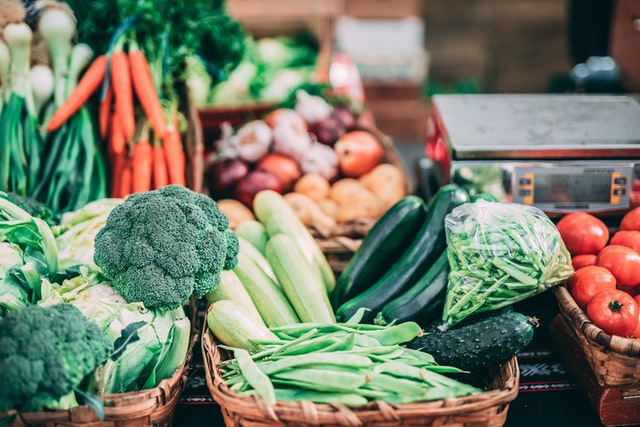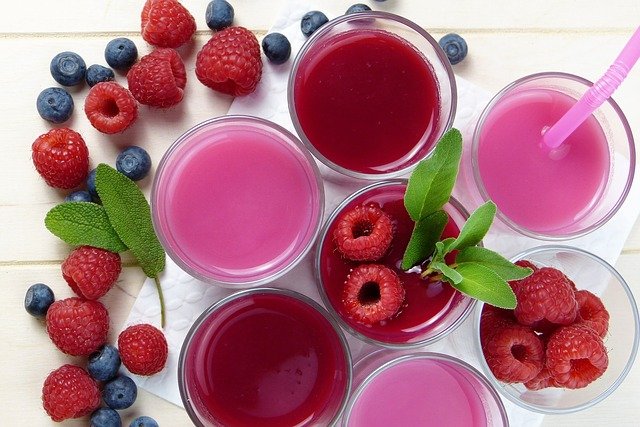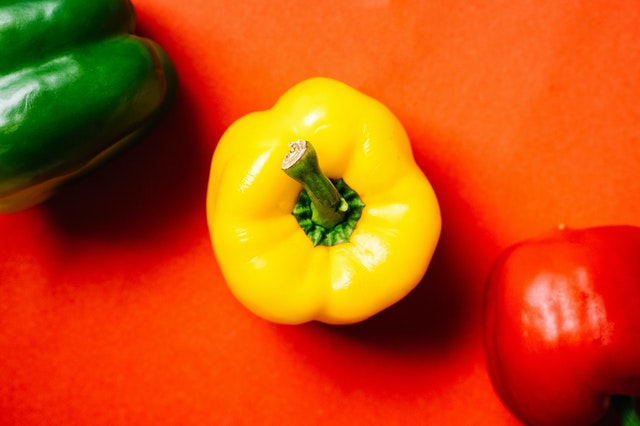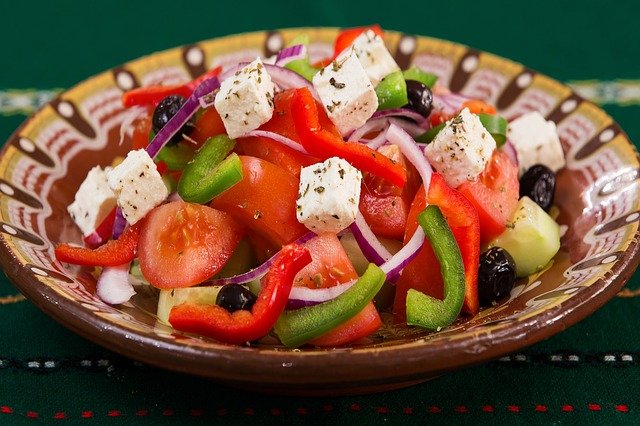Diet is an important factor in a healthy lifestyle. Eating foods that make you feel good, and that are good for you, is an excellent way to improve your health. But what about when healthy foods leave you still feeling hungry? Eating the right healthy foods can help leave you feeling full for longer. Filling foods tend to have high levels of protein and fiber. Continue reading for a list of healthy foods that will leave you satisfied and energized.
Potatoes
Cooked, unpeeled potatoes, especially sweet potatoes, offer substantial nutritional value. They contain several vitamins and minerals such as Potassium and Vitamin C. Potatoes also have a high-water content and contain complex carbohydrates which digest more slowly. Potatoes are a great option to add to a meal to make it more filling.
Eggs
Eggs are a very nutrient dense food. There are many vitamins and minerals, as well as proteins and fats, all packed into that tiny shell. The protein found in eggs contains all of the essential amino acids. Eggs make a great choice for a high protein, filling meal.
Oatmeal
Oatmeal is a high fiber food that is relatively low in calories. Oatmeal contains a very soluble fiber called beta-glucan. Oatmeal can also hold a lot of water. Due to its high fiber and water content, oatmeal can fill you up and leave you feeling full for hours.
Vegetables
Vegetables are also a high fiber food. Depending on which vegetable, you’ll get lots of different vitamins and minerals. Vegetables also often take more time to chew than other foods which can make you feel fuller. The high fiber and vitamins found in vegetables can fill you up and satisfy many cravings by helping to meet your dietary needs.
Legumes
Legumes, like peas, beans, lentils, can provide lots of protein and fiber. Legumes are relatively low calorie which allows you to eat larger quantities leading to an increased feeling of fullness. The protein and fiber from beans also help to fill you up.
Dr. Barbara Edwards, a Princeton M.D. internist practices at Penn Medicine Princeton Health in the Penn Medicine Princeton Medical Center.






